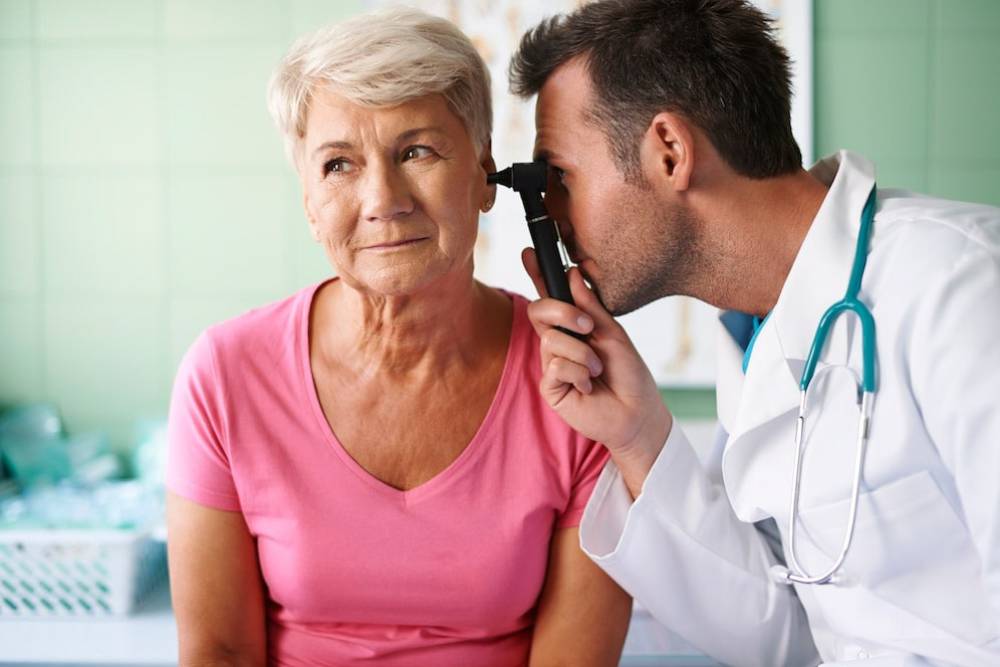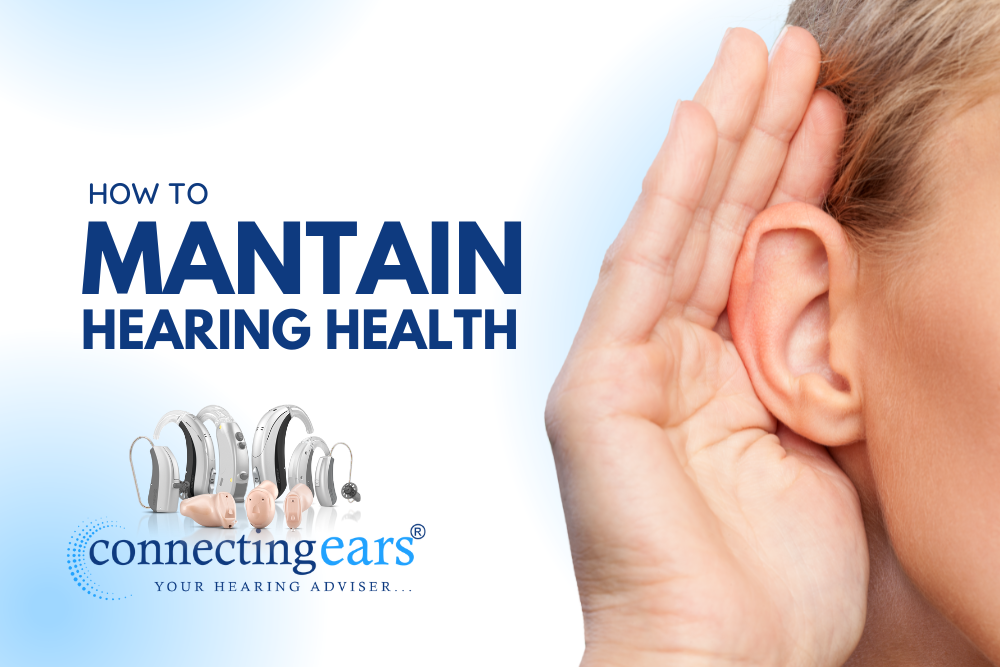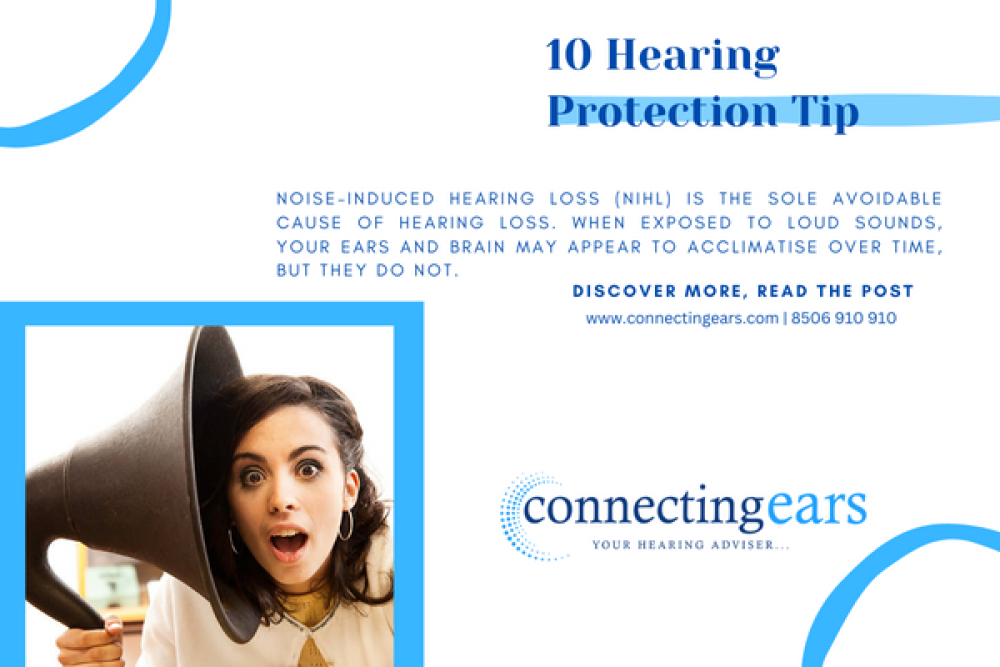5 Ways to Protect Your Ears and Hearing Health
Once your hearing is damaged, it's gone for good. That's why we raise awareness about the prevalence of hearing loss, the importance of early diagnosis, and the options for taking action to find the best hearing solution for your needs. Don't wait until it's too late to start taking care of your ears! Here are nine easy ways to protect your ears and your hearing health.
1. Use earplugs around loud noises
Approximately 15% of Americans have noise-induced hearing loss because of loud work or leisure environments.
Clubs, concerts, lawnmowers, chainsaws, and any other noises that force you to shout so the person next to you can hear your voice all create dangerous levels of sound. Earplugs are convenient and easy to obtain. You can even have a pair custom fitted for your ears by your local hearing healthcare provider.
Musicians' earplugs are custom earplugs with filters that allow a person to hear conversations and music but still reduce harmful sound levels while maintaining the quality of the original sound as closely as possible.
2. Turn the volume down
According to the World Health Organization, 1.1 billion teenagers and young adults worldwide are at risk for noise-induced hearing loss from unsafe use of audio devices.
If you like to enjoy music through headphones or earbuds, you can protect your ears by following the 60/60 rule. The suggestion is to listen with headphones at no more than 60% volume for no more than 60 minutes a day.
Earbuds are especially dangerous, as they fit directly next to the eardrum. If possible, opt for over-the-ear headphones.
Don't forget that any loud music, not just music played through headphones, presents a risk for noise-induced hearing loss. If you're hosting a social event, keep the music at a volume which won't force people to shout in order to hold a conversation.
3. Give your ears time to recover
If you are exposed to loud noises for a prolonged period of time, like at a concert or a bar, your ears need time to recover. If you can, step outside for five minutes every so often in order to let them rest.
What’s more, researchers have found that your ears need an average of 16 hours of quiet to recover from one loud night out.
4. Stop using cotton swabs in your ears
It’s common for people to use cotton swabs to clean wax out of their ear canal, but this is definitely not advisable. A little bit of wax in your ears is not only normal, but it’s also important. The ears are self-cleaning organs, and wax stops dust and other harmful particles from entering the canal. Plus, inserting anything inside your ear canals risks damaging sensitive organs like your ear drum.
If you have excess wax, you can clean around the canal with a damp towel—gently. You could also use ear wax removal solution over the course of a few nights. This softens the wax so that it will eventually flow out on its own. The best solution is always to seek a professional opinion and care when possible.
5. Take medications only as directed
Certain medications, such as non-steroidal anti-inflammatory drugs (NSAIDS) like aspirin, ibuprofen and naproxen, can sometimes contribute to hearing loss. Discuss medications with your doctor if you're concerned that they'll impact your hearing ability and take them only as directed.













